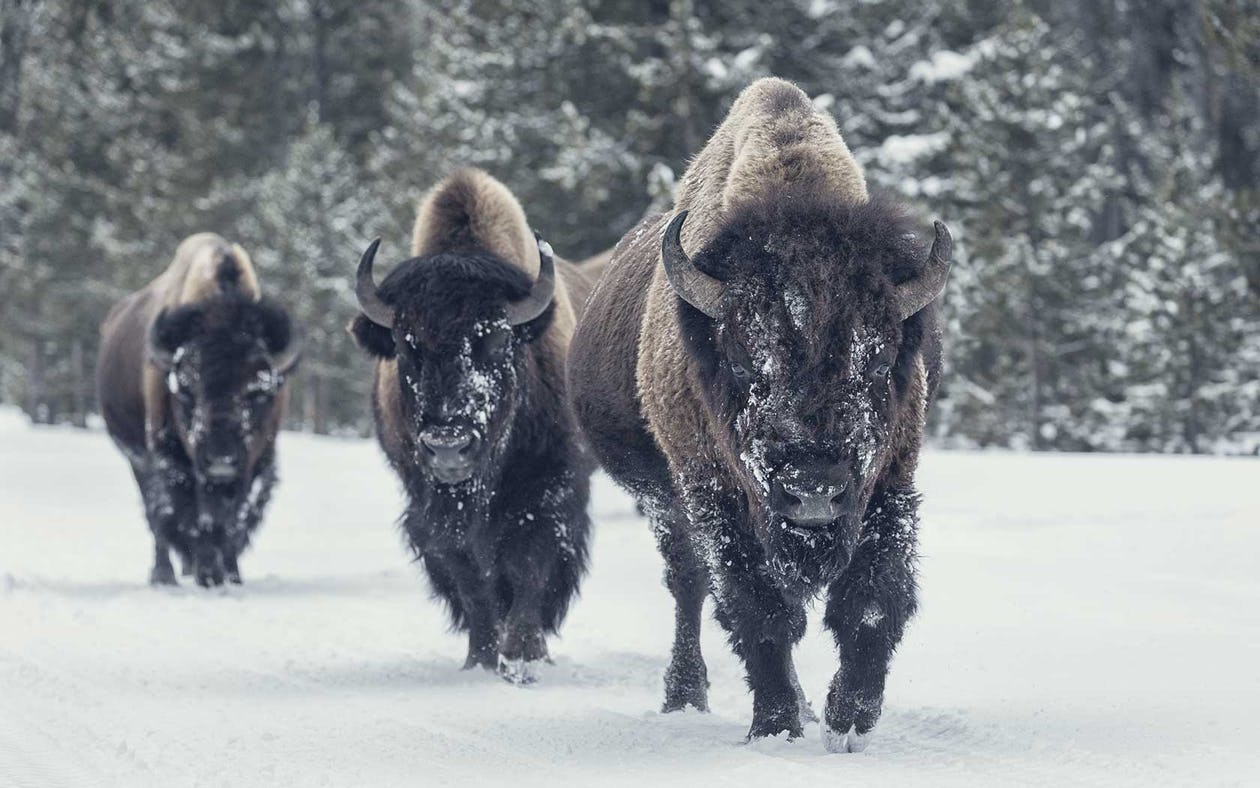Introduction:
When it comes to choosing meat for your meals, bison and beef are two popular options that provide a rich source of protein and essential nutrients. While they may seem similar, there are notable differences between bison and beef in terms of taste, nutritional composition, and environmental impact. This comprehensive guide aims to explore the distinctions between bison and beef, helping you make informed choices about which meat best suits your dietary preferences and values.
Nutritional Composition:
Bison and beef differ in their nutritional profiles. Bison meat tends to be leaner and lower in total fat, saturated fat, and cholesterol compared to beef. It is also higher in protein, iron, and several essential vitamins and minerals. Bison is particularly rich in iron, which is crucial for oxygen transport and energy production in the body.
Flavor and Texture:
Bison meat has a distinct, slightly sweeter flavor compared to beef. It is often described as having a rich and robust taste, with a tender and juicy texture. On the other hand, beef has a more pronounced and familiar flavor, which can vary depending on the cut and cooking method used.
Fat Content and Fatty Acid Profile:
Bison meat generally contains less intramuscular fat (marbling) compared to beef. The lower fat content contributes to its leanness. Bison meat also has a more favorable ratio of omega-3 to omega-6 fatty acids compared to beef. Omega-3 fatty acids have been associated with various health benefits, including reducing inflammation and supporting heart health.
Environmental Impact:
From an environmental standpoint, bison meat is often considered a more sustainable choice. Bison are typically raised on open pasture, consuming a primarily grass-based diet. They have a lower environmental impact in terms of greenhouse gas emissions, water usage, and land requirements compared to conventionally raised beef cattle.
Availability and Price:
Beef is more widely available and commonly consumed compared to bison. Beef can be found in various cuts and forms in most supermarkets and restaurants. Due to its relatively lower supply and specialized production, bison meat may be less accessible and can be more expensive than beef.
Animal Welfare Considerations:
Bison are typically raised on ranches with a focus on maintaining their natural behaviors and welfare. They are often allowed to roam and graze freely, promoting a more natural and stress-free environment. While there are regulations and standards in place for beef cattle welfare, the specific farming practices can vary significantly.
Cultural and Culinary Significance:
Beef holds a significant cultural and culinary significance in many cuisines around the world. It is deeply ingrained in traditional dishes and cooking methods. On the other hand, bison has historical and cultural significance in certain indigenous cultures and is increasingly embraced for its unique flavor and nutritional benefits.
Conclusion:
When deciding between bison and beef, it’s essential to consider factors such as nutritional composition, flavor, environmental impact, availability, price, animal welfare, and cultural significance. Bison offers a leaner meat option with a slightly sweeter flavor, while beef is more widely available and familiar in taste. Both meats can be part of a healthy diet, and the choice ultimately depends on personal preference, dietary needs, and ethical considerations. Whether you opt for bison or beef, prioritize sourcing high-quality, sustainably raised meat to support your health and the environment.
- VAPE PEN By O2vape-The Ultimate Vape Pen Comprehensive Review - March 12, 2024
- Unlocking the Cognitive Potential of Bacopa Monnieri Nootropics - October 31, 2023
- What are THC-X Products - July 17, 2023




